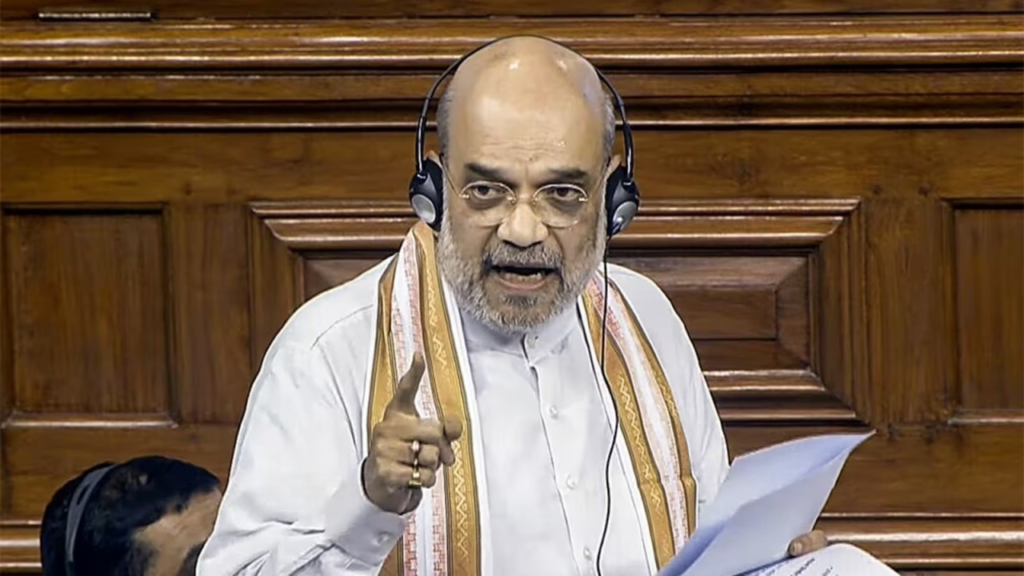India’s Parliament hurriedly passed significant criminal justice reforms, marking the most extensive update since colonial times.
However, these changes have stirred unease among rights advocates who perceive excessive authority granted to authorities under the new laws.
Revamping Outdated Laws:

The amendments to the archaic Penal Code and two other statutes aim to modernize legal frameworks by removing colonial-era references, redefining terrorism offenses, and instituting harsher penalties for mob lynchings and crimes against women.
Home Minister Amit Shah emphasized that these laws aimed to deliver justice rather than mere punishment, citing their obsolescence and colonial origins as reasons for reform.

Rapid Parliamentary Approval Amid Opposition Suspension:
The swift passage of these laws through Parliament, spanning two days with limited debate, coincided with the suspension of nearly 150 opposition lawmakers, prompting concerns about the adequacy of parliamentary discussion.
The revised laws introduce capital punishment for mob lynching and minor rape cases, with a 20-year minimum sentence for gang rape. Additionally, they enhance police authority in suspect detentions and broaden the definition of terrorism to encompass threats to India’s sovereignty and economic security.
Amnesty International raised alarms over the reforms, warning of a potential crackdown on freedom of expression due to expanded definitions of ‘terrorism,’ the reintroduction of sedition, the retention of the death penalty, and increased police custody.
Legislative Context and Government Actions:
The legislation overhaul occurred while many opposition lawmakers were barred from participating in Parliament. Their suspension followed protests over a recent security breach, which resulted in a disruption during a session.
Apart from criminal justice reforms, Parliament also passed a telecoms bill granting temporary government control over telecom services for national security reasons.
Critics argue this law amplifies the existing power to impose internet shutdowns without adequate safeguards, sparking concern among digital rights advocates.












